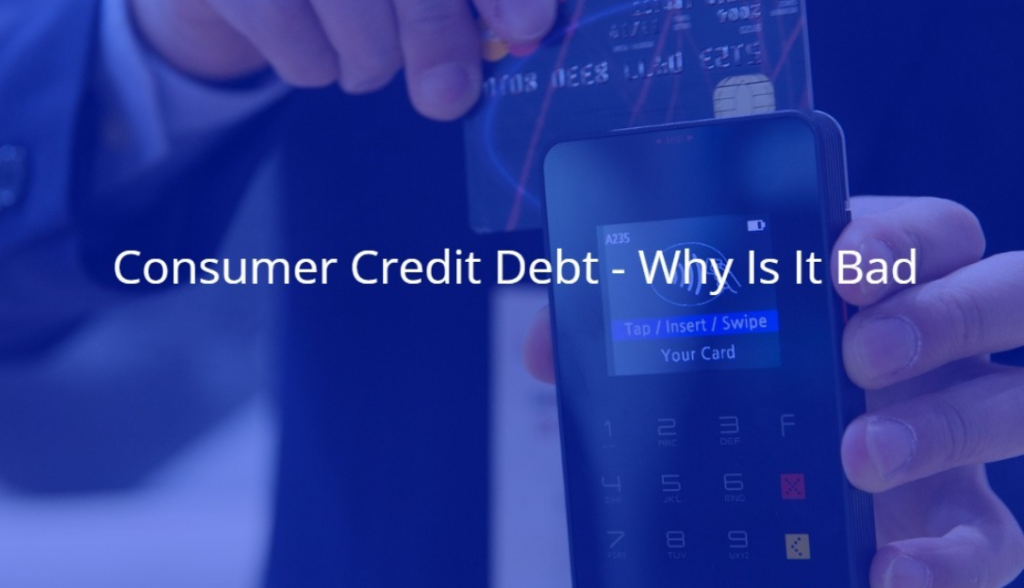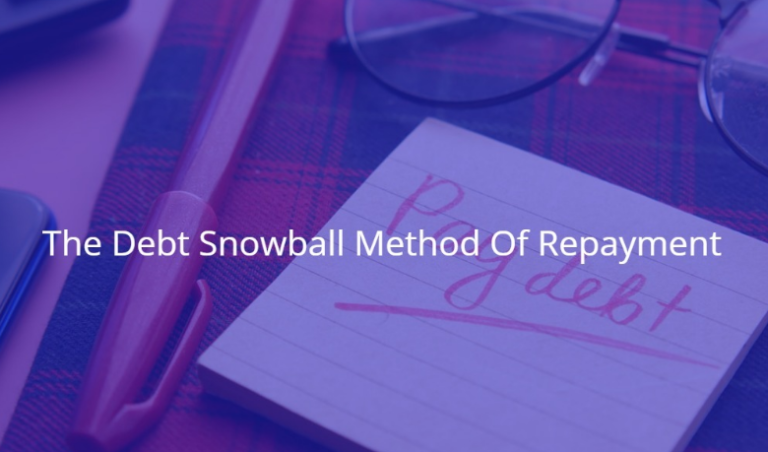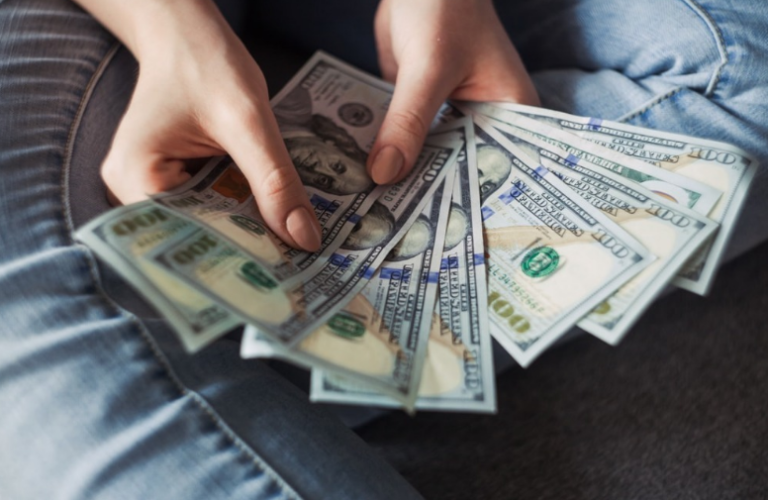What is Consumer Credit Debt and Why Is It Bad?

Just like the saying “Saturated Fats” has made dieters cringe, the idea of “Consumer Credit Debt” has been a big cause for cringing for those who carry the debt, the advisors who try to help them, and the bankruptcy professionals who help them with their bankruptcy proposal.
The reason why consumer credit debt is so bad is that it is typically unsecured, it often gets granted without any type of income testing and it carries abnormally high rates.
Those rates, compounded with the level of debt that never should have been granted in the first place, are what cause people to seek debt help, either in the form of the debt settlement or bankruptcy (Chapter 7 or Chapter 13).
Let’s get a better handle on what consumer credit debt is all about and what makes it such a poor way to finance your needs.
Consumer Credit Card Debt ranks as one of the most stressful obligations that people deal with in their financial lives.
Dabbling and learning more about personal finance and debt over the years, my experience taught me that either people will carry a balance or they will not.
When they carry a balance, it is often a high one (e.g. close to their credit limit or very close to it).
Repaying consumer credit card debt is difficult because those credit cards come with high-interest rates yet they ask for a small monthly payment — 3% used to be the norm, but I see more and more cards that ask for just 2% of the balance which just barely covers the monthly interest costs.
Here’s an illustration:
A 20,000 card debt that charges 19.9% per year will compound roughly $331.67 over the course of a 30-day billing cycle.
A 2% repayment amount will be $400. A very best-case scenario will see the total debt amount reduced to $19,931.67, or $68.33.
Of course, this is the very best case scenario… pay that bill on the actual due date and much of that principal repayment gets eaten up in accrued interest.
It’s a bad scene. It’s no wonder why so many people opt for bankruptcy or debt settlement when their consumer credit debt levels reach such limits.
But aside from the slow repayment rate on this type of debt, borrowers also realize that there is no security against this obligation.
That means they have to liquidate other assets in order to repay the debt in the event that they have no other financial means to repay the debt.
So the question becomes: If they have no recourse, why bother repaying the full amount?
Of course, I have a list of reasons against debt settlement and bankruptcy, but this isn’t the area for it — read up on these two topics here.
In fact, there is rarely an instance where consumer credit card debt is a good thing to have.
Even with some of the incentives, these companies offer to establish the credit, such as no-interest periods or low-interest periods, the majority of people are never able to repay their full balance before the end of the promotional period.
Of course, some advisors would suggest transferring from one card to another to enjoy no-interest financing on the debt, but read the fine print on these offers.
Many will not add the interest retroactively under certain conditions, some will charge fees or higher interest rates for balance transfers, and so on.
Understandably, everyone needs a credit card. (I write about this in the Transactional Banking article).
However, carrying a balance on any type of consumer credit debt product is financially irresponsible. There, I said it; irresponsible.
The best advice anyone can give you is to avoid this type of credit at all costs and only resort to it under extreme circumstances.








Man, consumer credit debt is a real headache. The high rates and unsecured nature make it a financial mess. No wonder people end up in bankruptcy.
I pay off my cards monthly; no debt, no worries.
I hate debts; they drag on forever and feel like quicksand.
Honestly, steer clear of that credit stuff unless youre in a real pinch. Its like a last resort kinda deal. Ive been there, and trust me, its better to find another way out if you can.